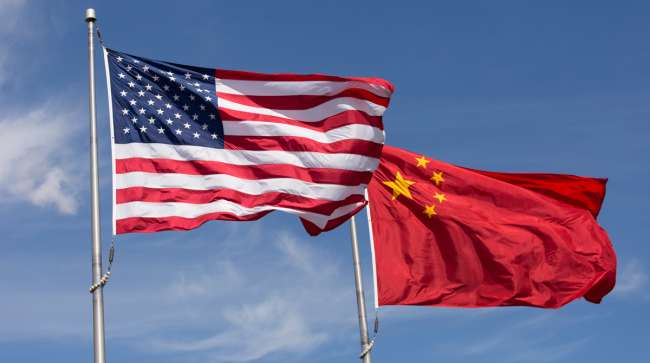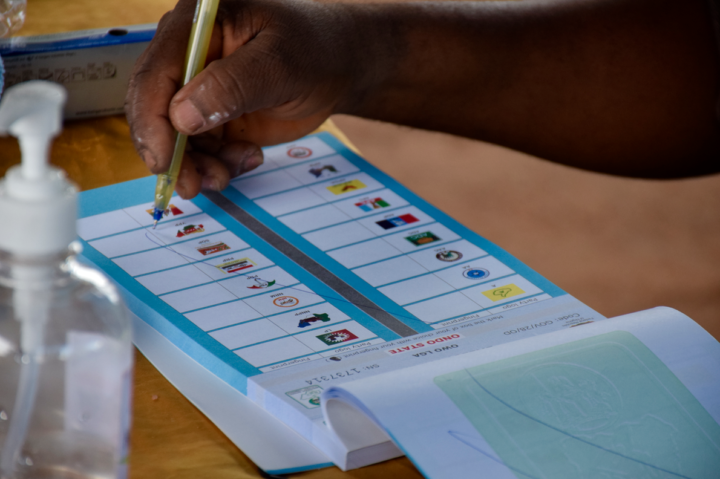BY HALO HASSAN SAEED
In a world grappling with rising geopolitical tensions and economic uncertainty, the international trade arena has re-emerged as a battleground—not just of tariffs and trade balances, but of ideologies. The latest escalation? A renewed wave of U.S. tariffs imposed on major global trading partners, including China, under a variety of pretexts ranging from national security to market fairness.
Beijing has not remained silent.
In a sharply worded response, the Chinese government condemned the U.S. tariffs as a blatant violation of World Trade Organization (WTO) rules and a serious infringement on the rights and interests of sovereign nations. But this was not merely a diplomatic protest—it was a broader critique of a worldview. According to the Chinese statement, U.S. trade policy is now driven by “America First” exceptionalism rather than any genuine pursuit of balance, fairness, or mutual respect.
Advertisement
“The U.S. uses tariffs as a weapon,” the statement declared, “engaging in a zero-sum game that undermines the multilateral trade order.” This accusation points to a deeper concern: that protectionism and economic coercion are increasingly tools of hegemony, threatening global economic stability in the name of national interest.
A clash beyond economics
China’s counter-argument rests not only on legal or economic grounds but on a vision of global governance. It positions itself as a defender of multilateralism, shared prosperity, and rule-based global trade. In this narrative, the trade war becomes a symbolic clash between two fundamentally opposing worldviews: unilateralism versus multilateralism, exclusion versus inclusion, coercion versus cooperation.
Advertisement
By asserting that “development is a universal right of all countries,” Beijing draws a clear ideological line. The implication is profound: the trade conflict is not just about China—it’s about the future of globalization and the legitimacy of emerging powers in shaping global rules.
Belt and Road: A strategic contrast
This vision is not limited to words. China’s Belt and Road Initiative (BRI) exemplifies its commitment to economic integration, infrastructure development, and South-South cooperation. From Asia to Africa, and increasingly in parts of the Middle East and Latin America, Beijing is forging partnerships rooted in connectivity and mutual benefit.
While critics argue the BRI is a tool of soft power, China maintains it is an inclusive platform—open to all, without political strings attached. In contrast to the rising tide of economic nationalism in the West, China has emerged as an unlikely champion of globalization.
Advertisement
Not afraid of trouble
Amid diplomatic language, however, China also issued a subtle warning: “We do not cause trouble, but we are not afraid of trouble.” This phrase encapsulates a dual strategy—openness paired with readiness to respond.
Should tensions escalate further, China signals its intent to defend its sovereignty, economic interests, and global standing.
A global crossroads
Advertisement
What makes this moment particularly significant is that the rest of the world is watching—and choosing sides. As global supply chains remain fragile, inflation pressures mount, and the post-pandemic recovery continues unevenly, the resurgence of tariff-based trade wars threatens deeper global division.
China has called on the international community to reject economic nationalism and uphold true multilateralism. In Beijing’s eyes, the future must be defined by mutual respect, inclusive dialogue, and shared growth—not domination and division.
Advertisement
At the heart of this conflict lies a broader question: Will the future of global trade be shaped by coercion or cooperation?
If China’s statement is any indication, it has chosen its path. Now, the rest of the world must decide whether to confront or collaborate.
Advertisement
Halo Hassan Saeed is a member of the International Union of Journalists and the author of two books on the People’s Republic of China. His work explores global trade, Chinese foreign policy, and the role of cultural diplomacy in strengthening ties between China and the Middle East.
Advertisement
Views expressed by contributors are strictly personal and not of TheCable.







